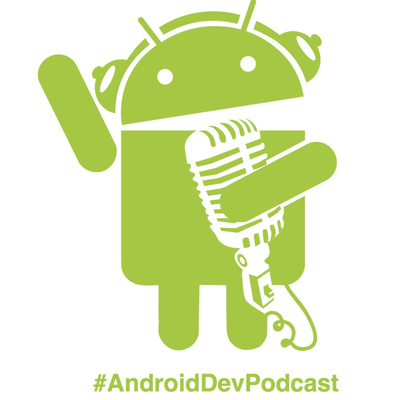
Activity Lifecycle Under the Hood
So many candidates nowadays are using live data on interview but less than half of them know how it works and what exact a problems with activity destroy during rotation and keeping activity in the backstack. We have GDE from Berlin Ash Davies to solve that puzzle and show clear picture what to do to deal with the state.
 on [Unsplash](https://unsplash.com/photos/FFgcWvplwsc)](https://ashdavies.dev/images/posts/FFgcWvplwsc.jpeg)
 on [Pexels](https://unsplash.com/photos/ArLds1dWvuw)](https://ashdavies.dev/images/posts/leveraging-android-data-binding-with-kotlin.avif)